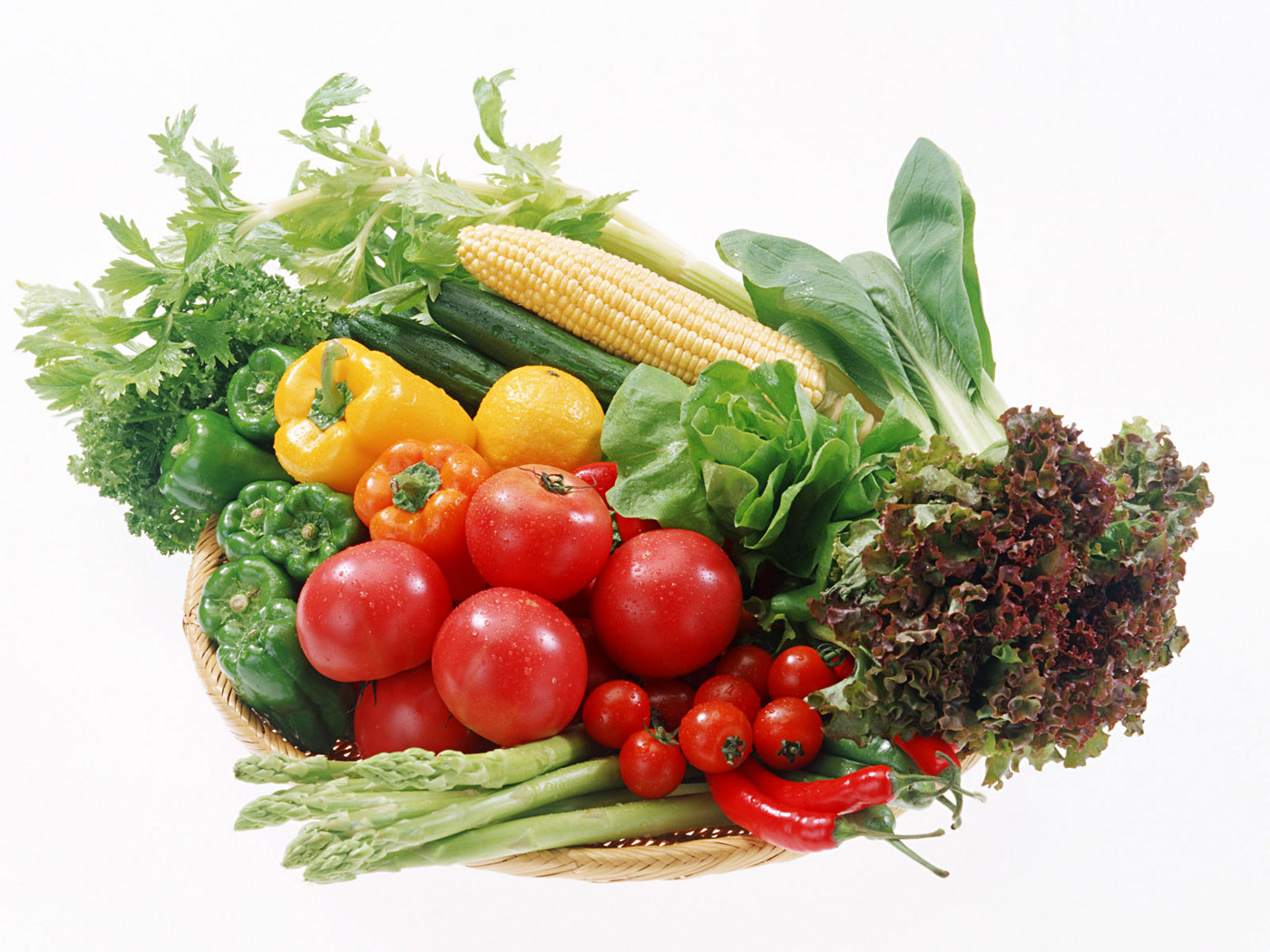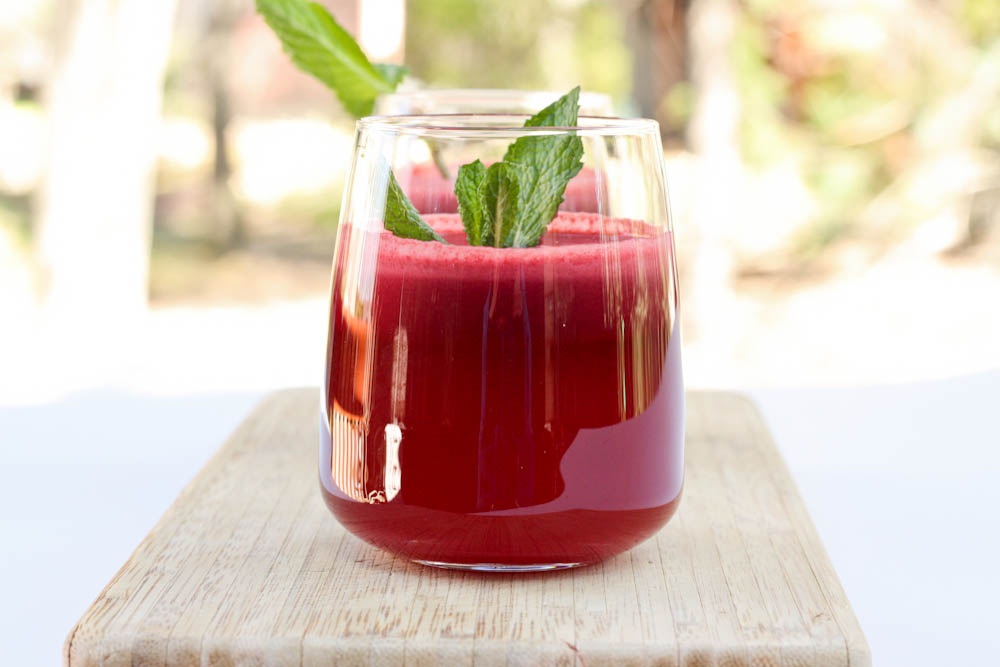
by Dr. Michael Murray | May 5, 2015 | Heart Disease
Introduction Many of our modern vegetables were developed from wild plants during the Roman Empire and later-day Italians through traditional crossbreeding techniques. This process involves taking pollen from one plant and placing it on the flowers of another to...

by Dr. Michael Murray | Jan 27, 2015 | Heart Disease, Most Recent
Introduction: Blueberries are among the most important foods for good health. The diverse and wondrous health benefits of blueberries are primarily due to their high content of specialized pigments known as anthocyanins. These special flavonoids are responsible for...

by Dr. Michael Murray | May 27, 2014 | Heart Disease, Natural Facts
Introduction: Flavonoids are a group of plant pigments that are responsible for many of the health benefits of fruits, vegetables, juices, and herbs. As a class of over 8,000 compounds, flavonoids are sometimes called “nature’s biological response modifiers” because...

by Dr. Michael Murray | May 17, 2013 | Heart Disease
Elevated cholesterol increases the risk of death due to cardiovascular disease. It’s currently recommended that total blood cholesterol (your “bad” cholesterol, LDL, plus your “good” cholesterol, HDL) be less than 200 mg/dl. In addition,...

by Dr. Michael Murray | May 13, 2013 | Heart Disease
Do you want to lower your blood pressure without the harmful side effects of pharmaceuticals? The good news is that there are a number of safe, effective, and natural foods and nutrients that will help you do it. Over 60 million Americans have high blood pressure,...

by Dr. Michael Murray | Jan 9, 2013 | Heart Disease
More than 60 million Americans have high blood pressure (high BP) including more than half (54.3%) of all Americans age 65 to 74 years old and almost three quarters (71.8%) of all American blacks in the same age group. High BP is a major risk factor for a heart attack...









